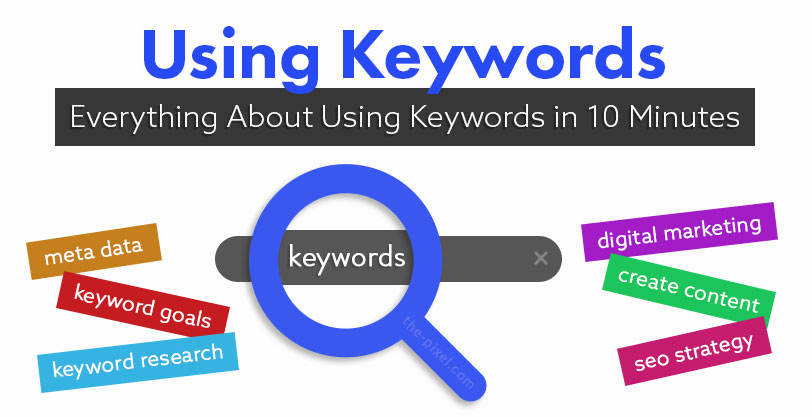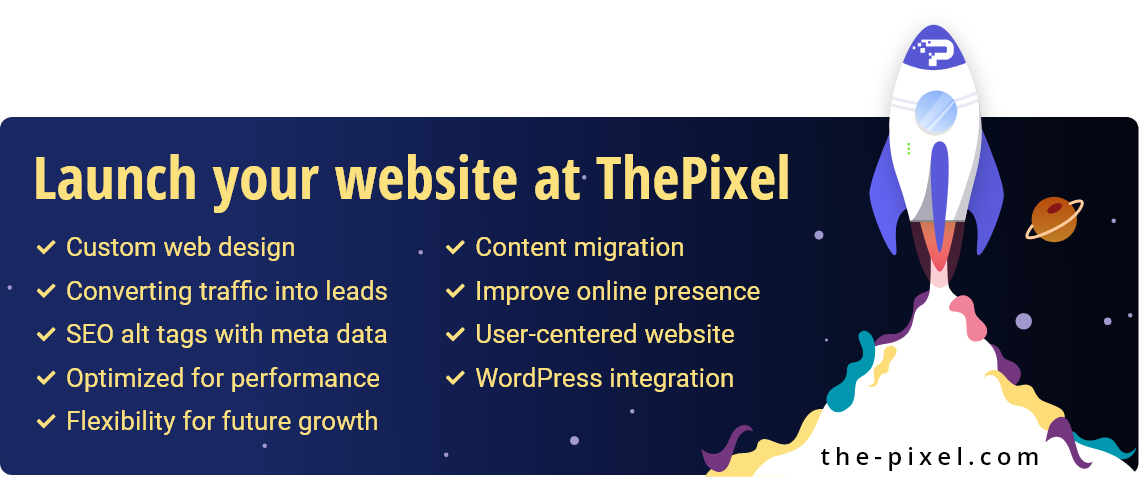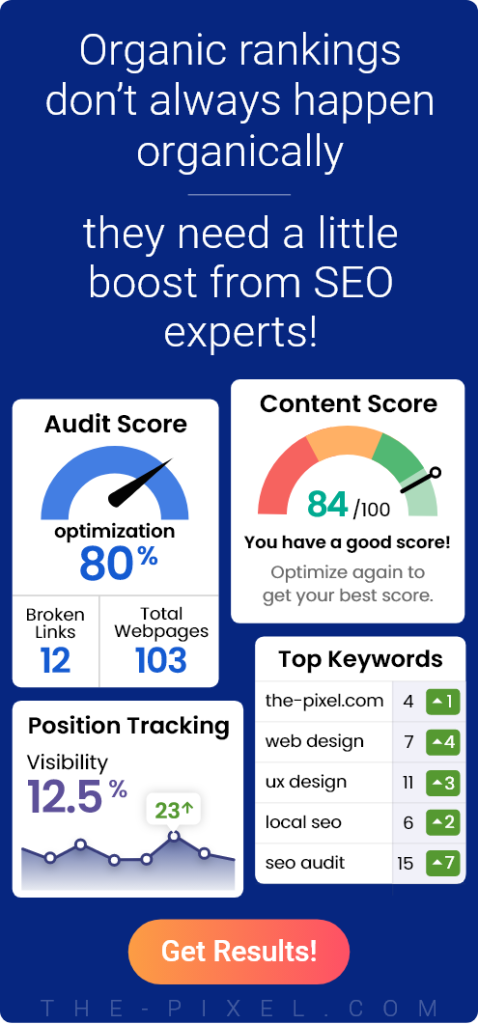Keyword Research Strategy for Website SEO
Keyword Research Strategy for Website SEO
The best keywords are those that focus on meeting the buyer’s intent.
The first step to any successful SEO strategy is keyword research.
The aim of keyword research is to find the best keywords to optimize in order to increase your rankings. For eCommerce websites, however, keywords are not just rank-boosters — they are context markers too.
I’d explain. Think of a physical store. When you walk into a store, the different labels you see are not primarily meant to attract you; instead, they are meant to keep the store organized; and that makes you find what you need quickly.
In the same way, keywords for online stores should provide a context for the store’s products to help visitors find what they want to buy quickly.
This organization is very important. And even if you own only a small store, there are affordable SEO services you should consider to facilitate traffic increase on your website.
Just any keywords will not work. The best keywords are those that focus on meeting the buyer’s intent. Therefore, there are two major parts to creating a winning keyword research strategy for e-commerce SEO: finding keyword ideas and matching the keywords to the intent of the buyers.
Long-tail keywords
In general, keywords that are too broad are more difficult to rank for. More so, the low engagement rates that they attract may adversely affect your domain authority.
Imagine that you optimize a product page for a broad keyword but your site gets visited by users who want very specific items that you do not offer. Such users would definitely be dissatisfied, leading to high bounce rates.
Therefore, you must optimize your product pages for specific keywords. Usually, these are long-tail keywords. Long-tail keywords are unique searches that normally have low keyword difficulty. That means that while focusing on long-tail keywords would mean narrowing your target audience, those keywords actually give you a better chance to rank.

Keyword Cannibalization and Diversity
Avoid trying to rank for the same keywords on multiple website pages. This is keyword cannibalization. While it is not a measure that is likely to get you penalized by Google, it remains a bad SEO strategy as you would end up competing with yourself.
With the Diversity Update, Google stated that it would not be showing more than two listings from the same domain for any particular query. There are exceptions, of course, but the broad aim is to show more diverse results.
When you optimize multiple pages for one keyword, and even if you rank on the first page, keep in mind that Google would only display what it has determined is the most important webpage of all those.
Sometimes, keyword cannibalization is a result of an oversight. To avoid that, import the URLs of every page on your website on a spreadsheet, and then determine what keyword(s) to target for each.
Seasonal Keywords
Don’t forget that search volume can change, particularly based on the season.
If you sell seasonal goods such as Christmas products, your keyword research should account for periods of high volatility such as holiday seasons and summer months. Don’t be put off when you notice that a keyword has a low search volume; the rebound may just be around the corner so you should be prepared anyway.
Buyer’s Intent
When conducting SEO, do not be carried away by trying to beat the search engine. Your primary target should be the audience. After all, your ultimate aim is to get people to buy your product, and SEO, at its simplest, is just a means of gaining visibility.
Therefore, construct your keywords around the search intent of your buyers. There are four major categories of search intent: informational, navigational, commercial, and transactional.
- Informational intent – leads to answers and explanations; if you have a blog, you would want to focus on informational keywords.
- Navigational intent – searches are branded searches, usually to direct a user to a particular app or website. Focus on navigational keywords when your SEO is solely to build your brand’s visibility.
- When a user searches with – commercial intent, they are looking for information on a particular (type of) product and have not made up their mind on what to buy, or whether to buy or not. Topics like ‘best laptops for gamers’ fall in this range. Optimize for this kind of keywords if you run a blog.
- Transactional intent. The reason behind such searches is to buy. For e-commerce SEO, this is the most important search intent you should optimize for. For example, while ‘best laptops for gamers’ have commercial intent, ‘Dell G3 15 Gaming Laptop’ has a transactional intent. Transactional keywords are the most important to you as an e-commerce store owner. While your blog may be optimized for other types of keywords, your product pages must be optimized for transactional keywords.
In Conclusion…
Keyword research might be the foundation of a successful SEO strategy, but keep in mind that it is not a one-time process.
Google’s algorithm is updated from time to time and people’s buying habits change continually. Static keywords would prevent you from taking advantage of future ranking opportunities. Hence, ensure that your keywords are always relevant and don’t stop finding new opportunities to rank.
Hire ThePixel to build your next website!
Since our founding in 2008, we’ve created and launched many types of business websites. Over the last decade and we’ve learned a thing or two! That’s why we’re masters of our craft, let us help you build the website of your dreams – one that generates traffic, leads and conversions.
Are you ready to start? If yes, contact ThePixel and one of our representatives will guide you through the website phases and how the process works either by a Zoom Meeting or phone.


